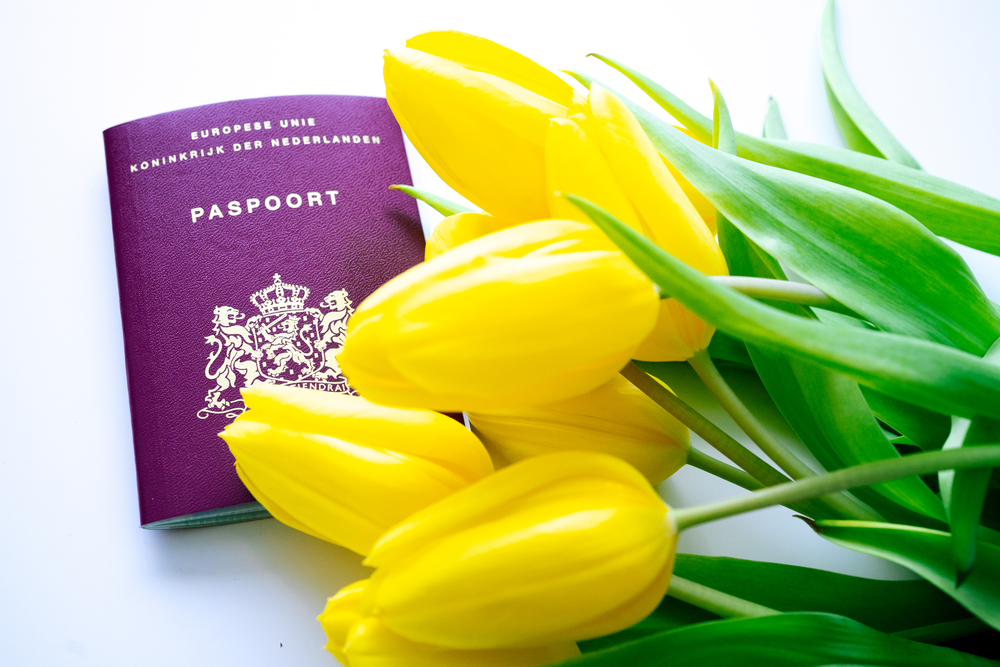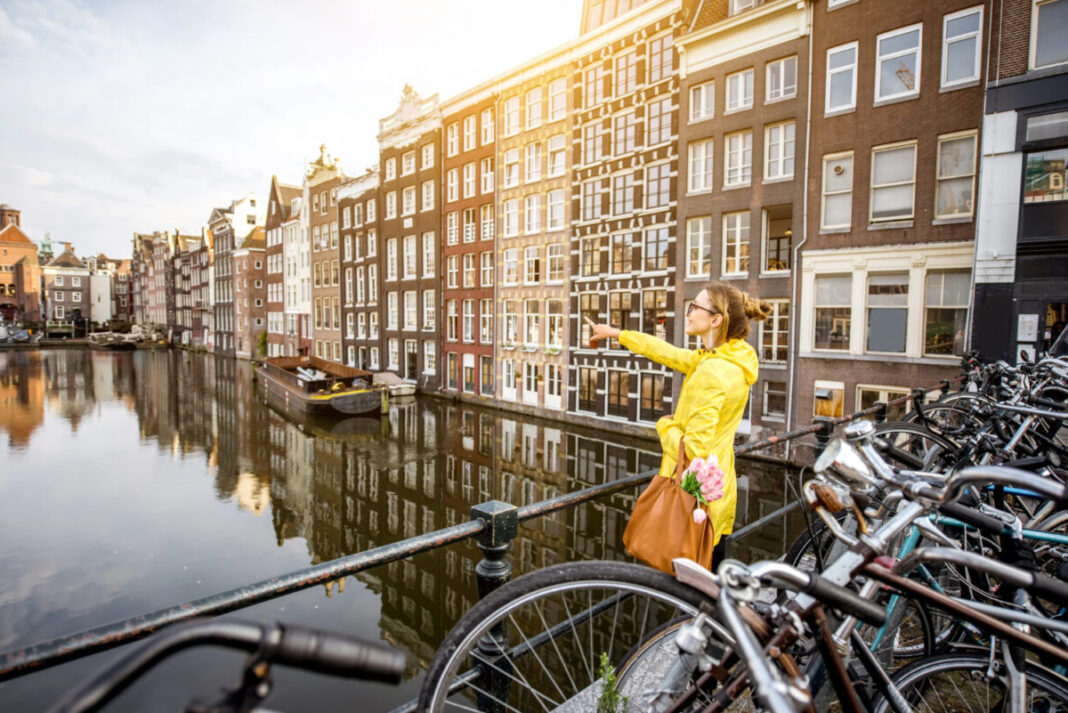A new year means new changes — but what does that mean for you (and your wallet)? 🤔
There’s a whole host of changes in the Netherlands that are now in effect, from higher salaries to health insurance. Here are the biggest ones you should know about.
1. Energy prices are capped
As of January 1, 2023, households and small businesses are being treated to a price cap for gas, power, and heating.
READ MORE | All you need to know about the Dutch energy subsidy and price cap
This means that any consumption of energy below a set price will give consumers to a discount paid by the government.
The 2023 price ceilings apply to:
- 2900kWh of electricity at €0.40 per kWh
- 1200m³ of gas at €1.45 per m³
- 37GJ of heat at €47.38 per GJ
But don’t go crazy, though — any consumption over the maximum price means that you’ll have to pay the full price stated in your energy contract!
2. Hoera, the minimum wage has gone up!
Effective January 1, 2023, the statutory minimum wage has been increased.

Full-time workers over the age of 21 will see their monthly salaries rise from €1,756.20 (as of July 1, 2022) to €1,934.40 in January.
3. Major changes to the basic health insurance package
Four main changes have come into effect for the basic health insurance package in 2023. These include:
- Health insurance premiums have risen, typically by between €5 and €20.
- For mothers-to-be, the combination test is no longer be available through your health insurance
- Instead, the more reliable Non-invasive Prenatal Test (NIPT) is free for anyone with health insurance
- Medications containing Vitamin D are no longer reimbursed through medical insurance
READ MORE | Dutch health insurance in 2023: what’s new and how to switch
4. Both childcare fees and childcare allowance have increased
The maximum hourly rates for childcare have seen an uptick in prices, with the current rates for 2023 being:
- €9.06 for daycare
- €7.79 for after-school care
- €6.80 for a childminder
READ MORE | The ultimate guide to applying for child benefits in the Netherlands
However, parents aren’t left to fend for themselves, with the percentages of childcare allowance also being raised.
Parents can claim a total of 230 hours of childcare allowance per calendar month they have worked. For more information, have a look at the government table on the percentage of childcare allowance you may be entitled to.
5. VAT on solar panels dropped, and offices have energy requirements
The VAT paid on solar panels has been dropped to 0% as the Netherlands attempts to go green. However, this new “zero rate” only applies to solar panels attached to homes or outbuildings.
In addition to this, homeowners that take just one energy-saving measure will receive subsidies of up to 15% this year. How about two or more energy-saving measures? The government will raise subsidies to 30%.
Offices, on the other hand, are given more than a gentle nudge. The government states that all offices must at least achieve energy label C in 2023.
6. Don’t lose your passport!
Meanwhile, your Dutch passport or identity card will be even more expensive to replace this year, with replacement fees shooting up.
A passport will now cost:
- €77.87 for adults
- €58.89 for those under 18
An identity card will now cost:
- €70.38 for adults
- €37.99 for those under 18

7. Self-employed deductions are down while corporate taxes have shot up
Meanwhile, the self-employed deduction will be reduced from €6,310 to €5,030. The government is planning to phase out this deduction in 2027, to €900.
The limit for corporate tax has been reduced from €395,000 to €200,000 profit, whilst the efficiency margin has been abolished. This entails that the income of employers will now be taxed more equal to that of employees.
8. The integration exam language level remains the same
Yes, we know — something remaining the same isn’t a change. However, for a long time, there were whispers and shouts that the minimum language level to officially integrate into the Netherlands would jump from A2 to B1. Yikes!
Thankfully, the Dutch government has backtracked on this plan and announced that the language level will stay at A2 for the time being for those that are obliged to integrate.
9. Helmets on mopeds are mandatory and laughing gas is banned
You’ve undoubtedly seen moped-riders whizzing past you on the bike path or road, thinking they look pretty damn cool. Well, it turns out safety is cooler.
All moped riders and passengers are now required to wear an approved helmet or face a €100 fine. Helmet hair, here they come!
Meanwhile, taking a big hit of laughing gas, formally known as nitrous oxide, is also banned. While it can still be used in professional contexts, such as for caterers, recreational use is no longer be possible.
What do you think of the changes this new year? Tell us all about it in the comments below!





Who in their right mind has seen a scooter amd thought they looked cool? Especially when on the bike lane
It’s not about what they look like 😂
“Health insurance premiums will rise, typically by between €5 and €20.”
Per month? Or per year?
Per month